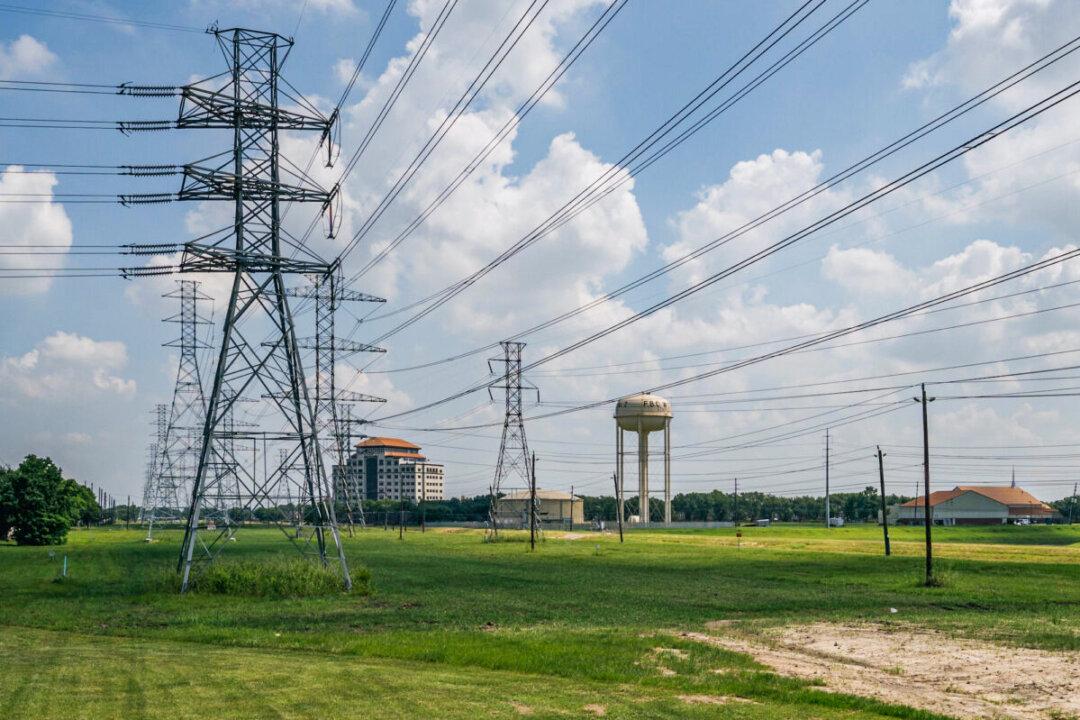Texas Gov. Greg Abbott has thrown his support behind the Texas Public Utility Commission’s (PUC) proposal to overhaul the market design of the state’s power grid.
On Tuesday, Abbott sent a letter to the PUC commissioners (pdf) expressing his support and urging them to adopt the grid’s redesign plan that was introduced in November. The PUC oversees the Electric Reliability Council of Texas, known as ERCOT, an independent nonprofit responsible for operating the grid.





